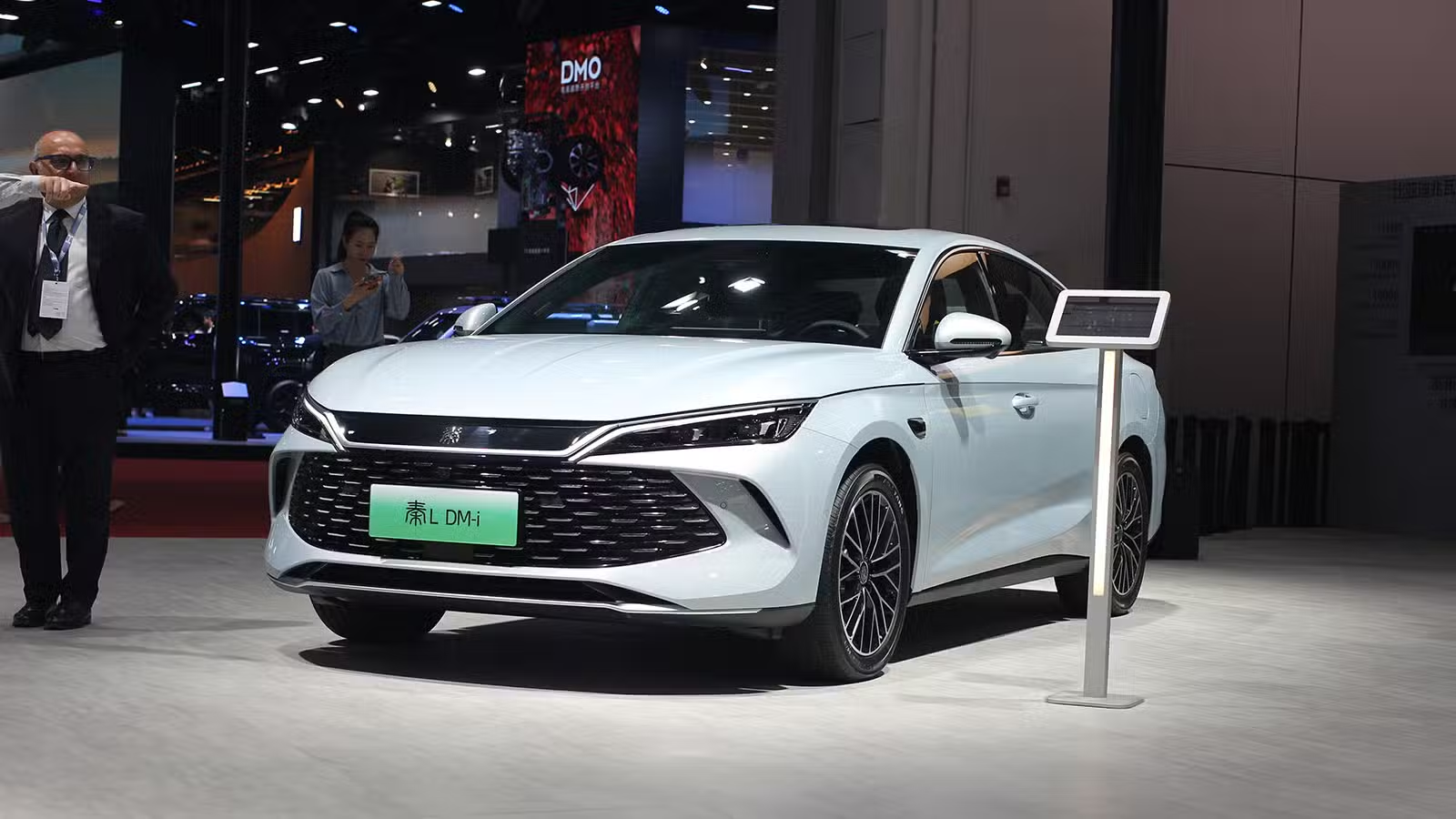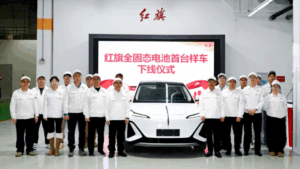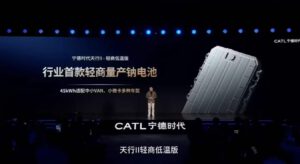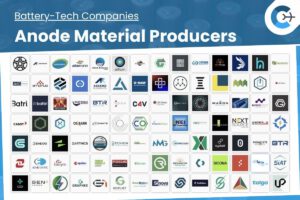The FULL-MAP project (FULLy integrated, autonomous & chemistry agnostic Materials Acceleration Platform for sustainable batteries) is set to transform battery material discovery and development. Initiated in February 2025, the four-year project has secured a budget of €19,949,437.40 and is coordinated by the Electrochemical and Surface Engineering Research group (SURF) at Vrije Universiteit Brussel (VUB), Belgium. The consortium comprises 32 partners from across Europe, including 12 research centers, five universities, seven large enterprises, five small-to-medium enterprises, and three start-ups, all contributing diverse expertise in materials science, artificial intelligence (AI) modeling, characterization techniques, process optimization, and sustainability assessments.
FULL-MAP aims to accelerate the discovery of new battery chemistries by at least five times the current rate. This will be achieved through the development of a unique Materials Acceleration Platform (MAP) that integrates inverse material design with computational and experimental methods. The project leverages AI, big data, autonomous synthesis, and high-throughput characterization and testing to redefine battery research, design, development, processing, and characterization. By simulating the entire battery development process—from material design to final testing—FULL-MAP considers both environmental and economic factors, advancing sustainable battery technology significantly.
Key objectives of the project include:
- Developing Interoperable Data Infrastructure: Establishing systems for autonomous data acquisition, handling, and analysis across the battery development cycle.
- Creating Versatile Toolkits: Utilizing machine learning and AI for inverse design to enhance workflow efficiency and prediction accuracy.
- Advancing Analytical Methods: Innovating computational and experimental techniques to improve spatial resolution and understand high-performance battery systems.
- Developing AI-Orchestrated Robotics: Implementing autonomous synthesis robotics to streamline materials discovery processes.
- Disseminating Knowledge: Promoting advanced battery development within the EU, fostering international cooperation, and aligning with European regulations and market needs.
The project addresses significant challenges in battery research, including strict safety protocols, the need for chemical diversity in optimizing electrolytes and electrodes, and the complexity of scaling laboratory findings to commercial applications. By developing an advanced technical ecosystem that integrates multi-scale computational modeling, materials synthesis, characterization, and testing, FULL-MAP aims to enhance the discovery of innovative battery interfaces and materials, ultimately contributing to the decarbonization of the transportation, energy, and industrial sectors.
Upon completion, the FULL-MAP solutions will be validated through nine different use cases, demonstrating the platform’s versatility and chemical neutrality. The project is expected to bring economic benefits to the EU battery industry and support the transition to sustainable energy solutions.
Source: Battery2030
















